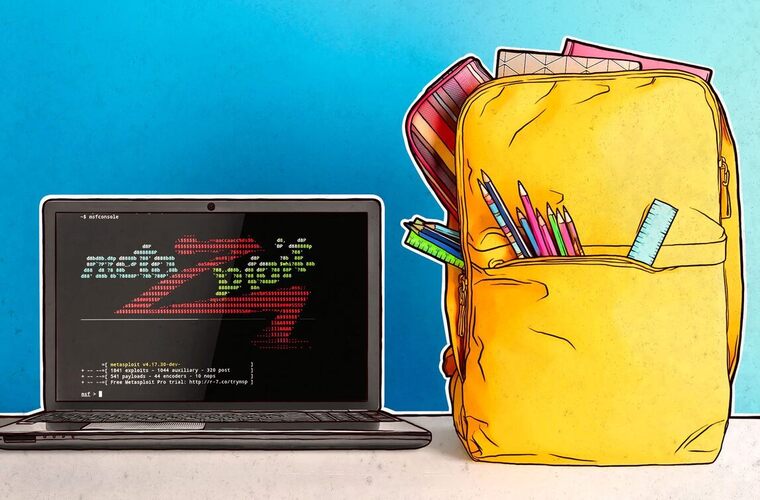From April to June 2021, Kaspersky detected 28.9 million different internet-borne cyber threats in Malaysia during the home-based teaching and learning (PdPR) period when schools were ordered to close due to the Covid-19 pandemic.
The global cybersecurity company said the two methods widely used by cybercriminals for web threats include exploiting vulnerabilities in browsers and their plugins; and social engineering tactics such as phishing.
Kaspersky Southeast Asia general manager Yeo Siang Tiong said online sessions will remain at least for a few more months as schools are reopening in stages for face-to-face classes.
“We advise the teachers, parents and students to continue their cyber resilience against threats online – from simple spam and phishing to the damaging ones like ransomware.
“Cybersecurity Malaysia just shared that there were 58 cases of ransomware reported as of August this year. We should keep our guards up so we can be safe physically and virtually,” he said.
As students prepare to #JomBalikSekolah (going back to school) and stay safe online, Kaspersky has the following tips to help teachers on how to make remote learning as convenient as possible; and for parents to keep their children safe, responsible and productive online.
Tips for teachers:
- Learn to use the tools
Selecting the tools to be used to conduct online classes such as video conferencing platform, testing service and messaging app. Get to know their capabilities and features as well as reading through the instructions, learning the interface, and searching online for configuration guides.
- Limit tools usage
The school may have access to a very large number of services, choose only the ones you need.
- Set a unique password for each service
Set unique password for every account.
- Develop a code of conduct for your classes
Preferably set in writing. - Agree on backup channels
To avoid video conference apps glitch, figure out in advance which service your class will use if the default one is not working. - Guard your educational accounts
An attacker who gains access to your account can also obtain the personal data of the class, which could lead to legal consequences.
- Understand how to recognize phishing e-mails
Cybercriminals are interested to steal your account credentials. It is important to know how to distinguish phishing attempts from official mailings. - Protect devices
Install reliable protection on every device you use to access educational resources.
Tips for parents:
- Talk to your children about the potential dangers that they may face online.
- Move their computers to a common family room if possible.
- Try to make the computer a shared family experience.
- Encourage your children to talk to you about anything they experience online that upsets them or makes them feel uncomfortable.
- Restrict the content that can accessed via the computer.
- Provide guidelines that let your children know what they can and cannot do on the internet, such as make online purchases, download music, video and usage of chatroom.
- Download and install the latest security patches and updates for all your devices.
- Install a rigorous antivirus product that is capable of defending all of your family’s computers and mobile devices against malicious programs and hackers.









